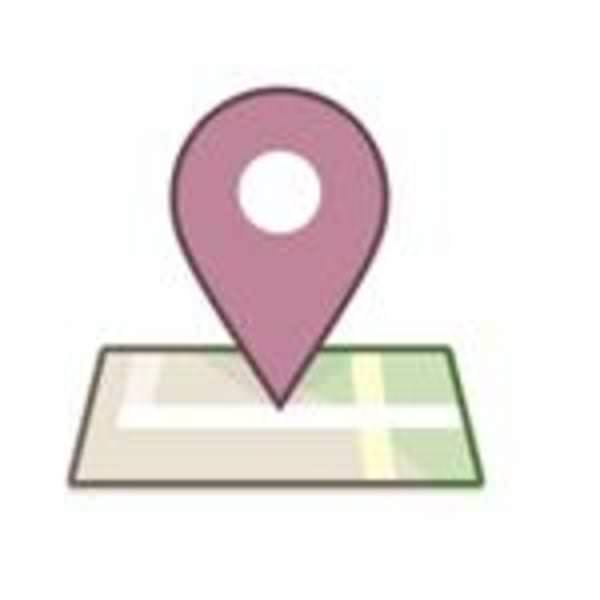Ever since the first hushed rumors of Facebook getting into the location game, everyone has been looking to pioneering services like Foursquare, wondering what they thought and what would become of them in the face of such a social networking Goliath.

Today, Foursquare CEO Dennis Crowley cast the first stone, calling Facebook Places “not that great or interesting” and saying that overall “it’s a pretty boring service”. But are virtual badges really worth more than friends?
In an article in the Telegraph, Crowley questions the new check-in service, arguing that there are “barely any incentives for users to keep coming back and telling their friends where they are”. According to Crowley, “the only interesting thing about Places is that it has a potential audience of over 500 million people around the world” and its Foursquare’s gaming mechanics that will keep the smaller (just over 3 million user) service in play.
On the surface, we can agree – it can be fun to get points and badges declaring that, because we’ve been to three different bars tonight, we’re on a “bender”. The places in Facebook barely have descriptions, there are no nifty icons or drawings of them, and there’s no way to add “tips” like in Foursquare or take pictures, like in Gowalla.
But there’s an up-side here and it’s not just Facebook’s 500 million people – for me, it’s my 700+ friends that I already update on this sort of activity. As we’ve said before, real-world interaction is where it’s at when it comes to these check-in services and a big part of that can be interaction with the people we know.
For the early adopter set, maybe Foursquare or Gowalla worked out, because all of your friends actually were using the service, but for some others, it felt like an empty experience – you check in, get a badge or a virtual mocha, and that’s that. Already, the generic look of the check-in on Facebook (it looks pretty much like a status update with a place tagged on to the end) has led to far more interaction and commentary from friends than any Gowalla or Foursquare check-in, which to many probably looked like spam from yet another app they didn’t care about. But now, if the service can spread to even more of our friends (which it already has), then it immediately becomes more interesting simply by way of being useful.
Facebook Places has a long way to go, for sure. It looks and feels generic because it is. It lacks features. It’s bare bones. But let’s not discount the value of people to make a service interesting – without them, it’s just a website nobody visits. And besides – maybe I don’t really want a “crunk” badge displayed for all to see. I want to know that my buddy Joe is just down the way, but I wouldn’t know that with Foursquare, because Joe doesn’t use Foursquare, but he certainly uses Facebook.
Update: Dennis Crowley has denied calling Facebook Places boring on Twitter, saying “FYI, I didn’t call FB ‘boring’, reporter misquoted me. Not the first time”. Crowley also left a comment on the original Telegraph article saying “I feel as if I was misquoted by the reporter here and that this headline misrepresents my viewpoint.” We have to wonder, though, if he “feels” he was misquoted or if he “feels” that he shouldn’t have called Facebook Places “boring” to a reporter. Hmm.

















